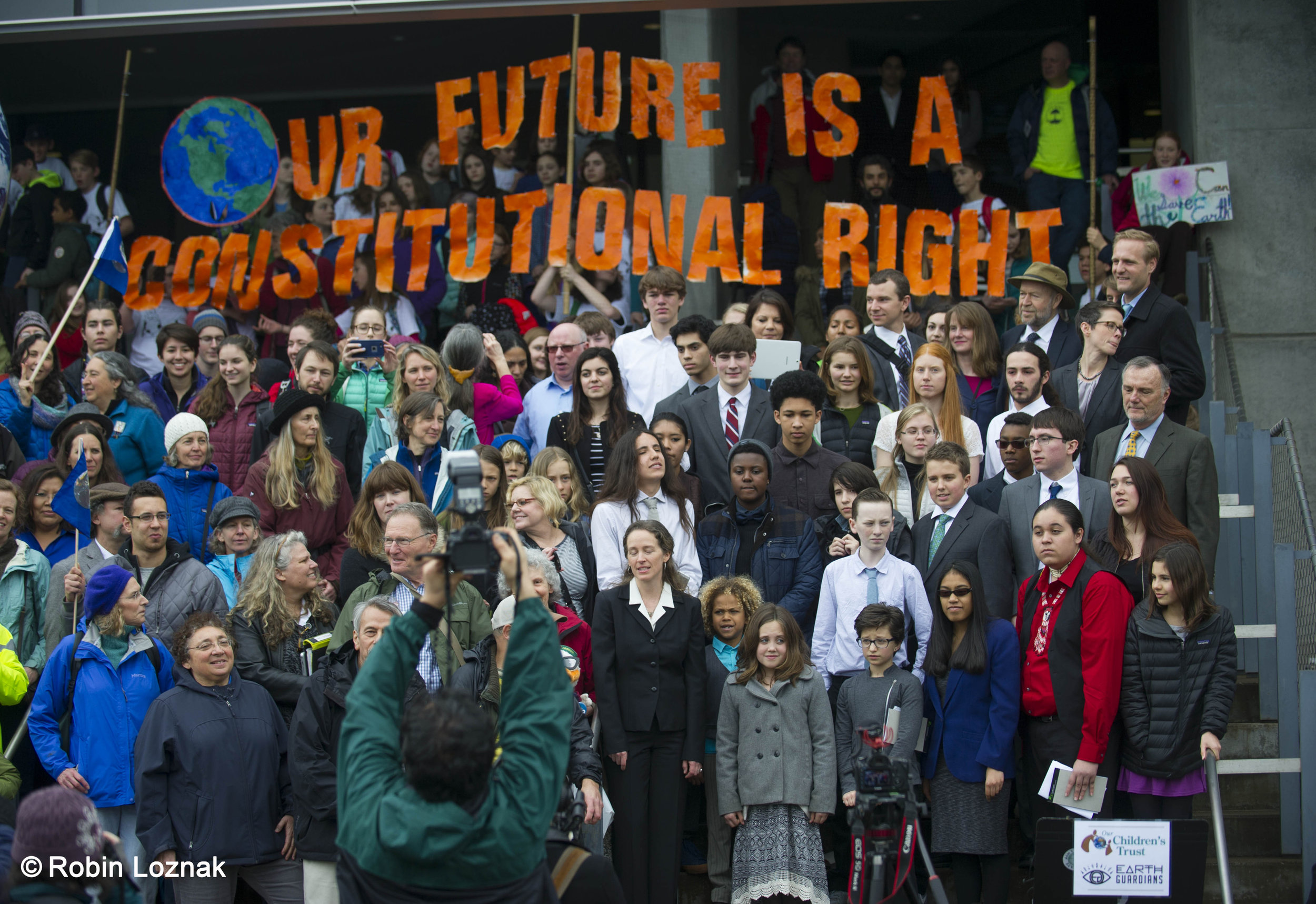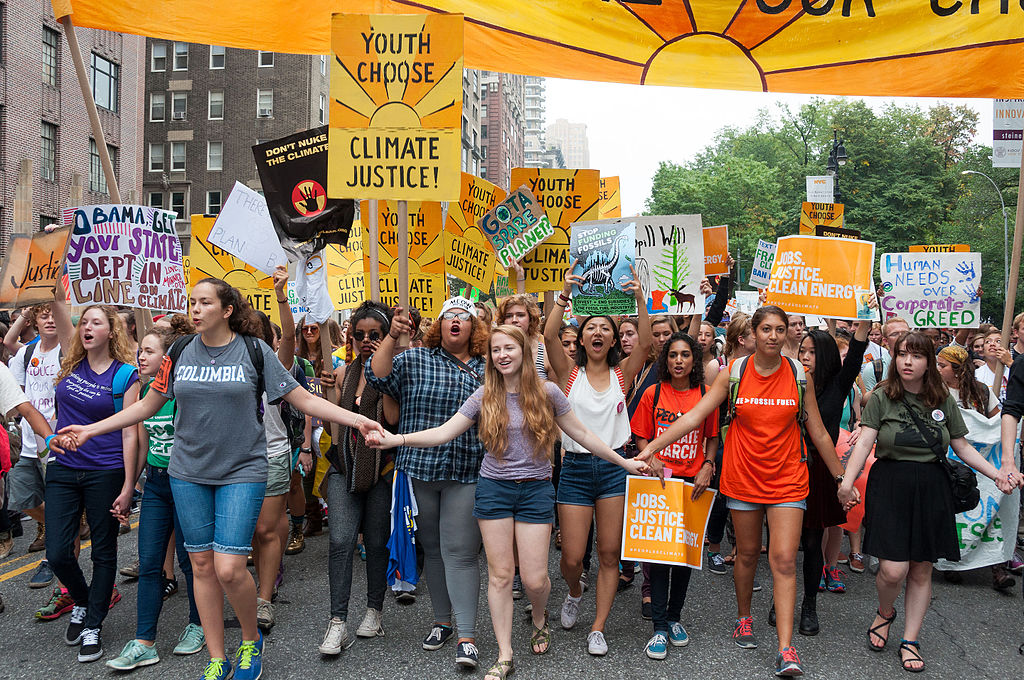By Dena Adler The escalating costs of damages from extreme weather events, many exacerbated by climate change, makes poignant a question with a serious price tag: who will be on the hook to pay for climate damages? In 2018, a host of lawsuits wound their way through the courts seeking […]
Climate Litigation
By Michael Burger and Jessica Wentz As you know, in Juliana v. United States twenty-one individual youth plaintiffs filed a lawsuit in federal district court in Oregon against the United States, the president, and various other federal officials and agencies, claiming that the “nation’s climate system” is critical to their […]
Each month, Arnold & Porter and the Sabin Center for Climate Change Law collect and summarize developments in climate-related litigation, which we also add to our U.S. and non-U.S. climate litigation charts. If you know of any cases we have missed, please email us at columbiaclimate@gmail.com. HERE ARE THE ADDITIONS TO THE CLIMATE CASE CHART SINCE […]
By Dena Adler It has been a busy few weeks in global climate change litigation. Even as world leaders gather in Poland this week to continue writing the rulebook for the Paris Agreement, countries are already being sued for their failure to deliver climate action. Here is a snapshot of […]
By Michael Burger Yesterday, the Sabin Center, together with the Columbia Environmental Law Clinic, submitted an amicus brief on behalf of the National League of Cities, the U.S. Conference of Mayors, and the International Municipal Lawyers Association, in New York City’s appeal of a district court decision dismissing its climate change lawsuit […]
Each month, Arnold & Porter and the Sabin Center for Climate Change Law collect and summarize developments in climate-related litigation, which we also add to our U.S. and non-U.S. climate litigation charts. If you know of any cases we have missed, please email us at columbiaclimate@gmail.com. HERE ARE THE ADDITIONS TO THE CLIMATE CASE CHART SINCE […]
By Dena Adler Today, the Hague Court of Appeals upheld a lower court ruling that the Dutch government is obligated to limit its greenhouse gas emissions to 25% below 1990 levels by the end of 2020. The case, Urgenda Foundation v. The State of Netherlands, decided by the district court […]
Each month, Arnold & Porter and the Sabin Center for Climate Change Law collect and summarize developments in climate-related litigation, which we also add to our U.S. and non-U.S. climate litigation charts. If you know of any cases we have missed, please email us at columbiaclimate@gmail.com. HERE ARE THE ADDITIONS TO THE CLIMATE CASE CHART SINCE […]




